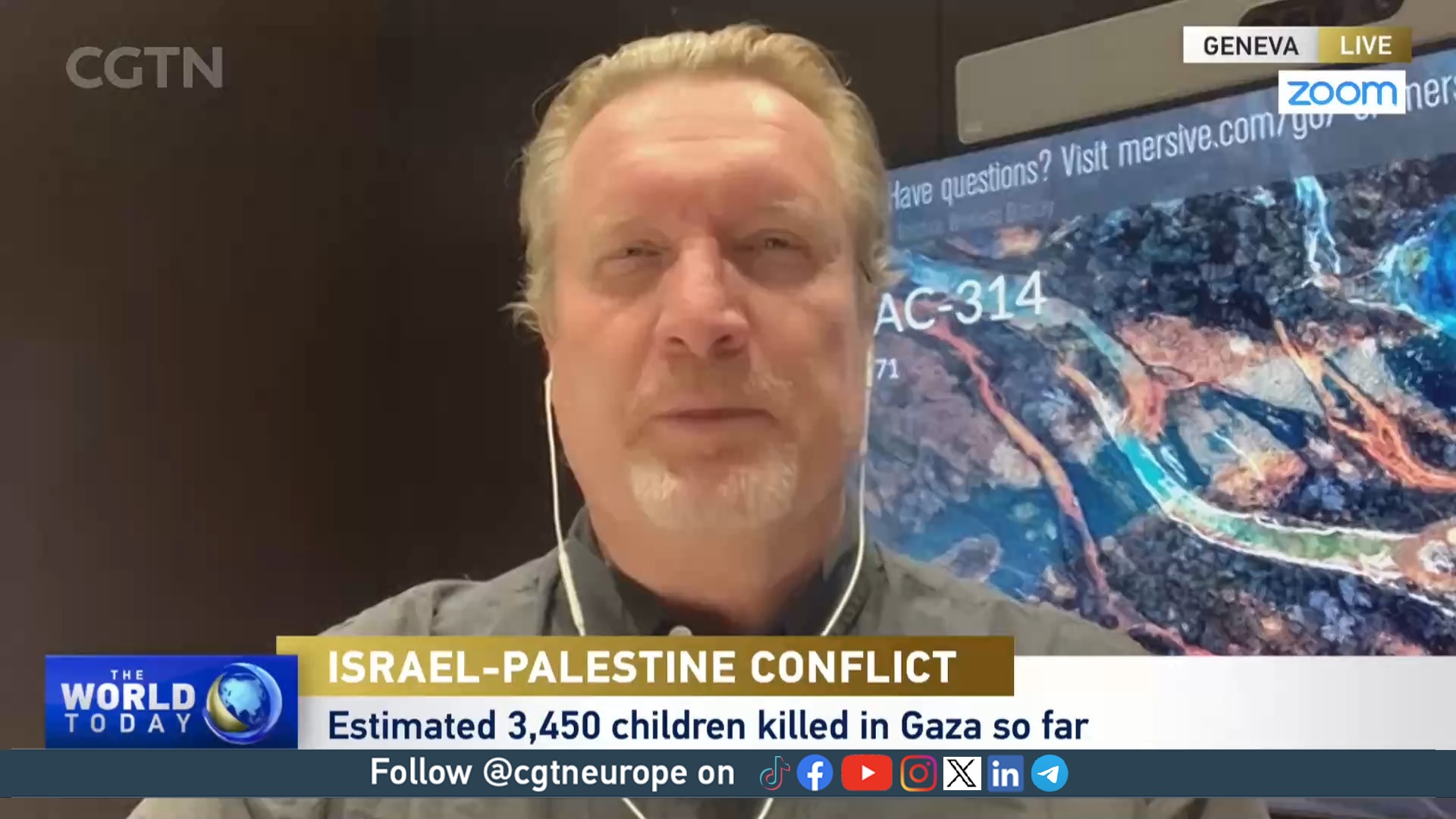04:03

'Thousands' more sick people and foreign nationals need to be evacuated from Gaza after the Rafah crossing was opened into Egypt on Wednesday, according to the World Health Organization.
At least 320 foreign passport holders have crossed to Egypt from Gaza through the Rafah border crossing on Wednesday, Reuters reported, citing Egyptian security sources and a Palestinian official. Another 76 injured people have been transferred into Egypt, AFP reported, citing an official from the country.
Another blast shook Jabalia, Gaza's largest refugee camp, on Wednesday, a day after Palestinian health officials said an Israeli air strike killed about 50 people and wounded 150 there, with Israel saying it killed a Hamas commander in the attack. Some 7,500 foreign passport holders are to be evacuated from Gaza over the course of the next two weeks, a diplomatic source said.
WHO spokesperson Christian Lindmeier told CGTN that far more need to follow in the coming days. "An important thing to note is these were up to 80 people today, but thousands need similar treatment," he said. "And as far as I understand, these were not people from the north because it was not possible to get people from the northern part of Gaza safely to the south in order to evacuate them."
READ MORE
Meta to start ad-free subscription
Türkiye celebrates centenary amid signs
Words of Wisdom
Lindmeier admits it is hard to put accurate figures on those who have died in the escalation between Israel and Hamas so far, with medical authorities in Hamas-run Gaza saying on Wednesday that 8,796 people – including 3,648 children – had been killed in the enclave.
"It is really difficult, I agree. The fatality numbers we are assume pretty accurate because the Ministry of Health has has lists with all the names," he added. "But you have all the people missing under the rubble still. We only can assume how bad it must be for the residents there when we get the reports from inside Gaza, from the ministries of health, from their residents, from the hospitals."
Lindmeier stressed that plenty can still be done to help civilians as aid trucks begin to enter Israel from Egypt through the newly-opened Rafah crossing.
"Most pressing? I would say water, fresh water, because there's no access to fresh water," he said.
"Most of the water needs to be pumped from very salinated aquifer, which means it needs to be pumped up and desalinated. And that means the second most important item, that's fuel to run the generators. The generators run the bakeries, the medical facilities, the desalination plants and everything.
"So water, fuel; food, of course, because there's hardly any food going into Gaza. And last but not least, everything which has to do with medical supplies, that is from the most complicated issues, but to the most basic items for crush wounds, for injuries, for any normal treatments and anesthesia. People today have been operated on without anesthesia because there is none."

Subscribe to Storyboard: A weekly newsletter bringing you the best of CGTN every Friday
Source(s): Reuters